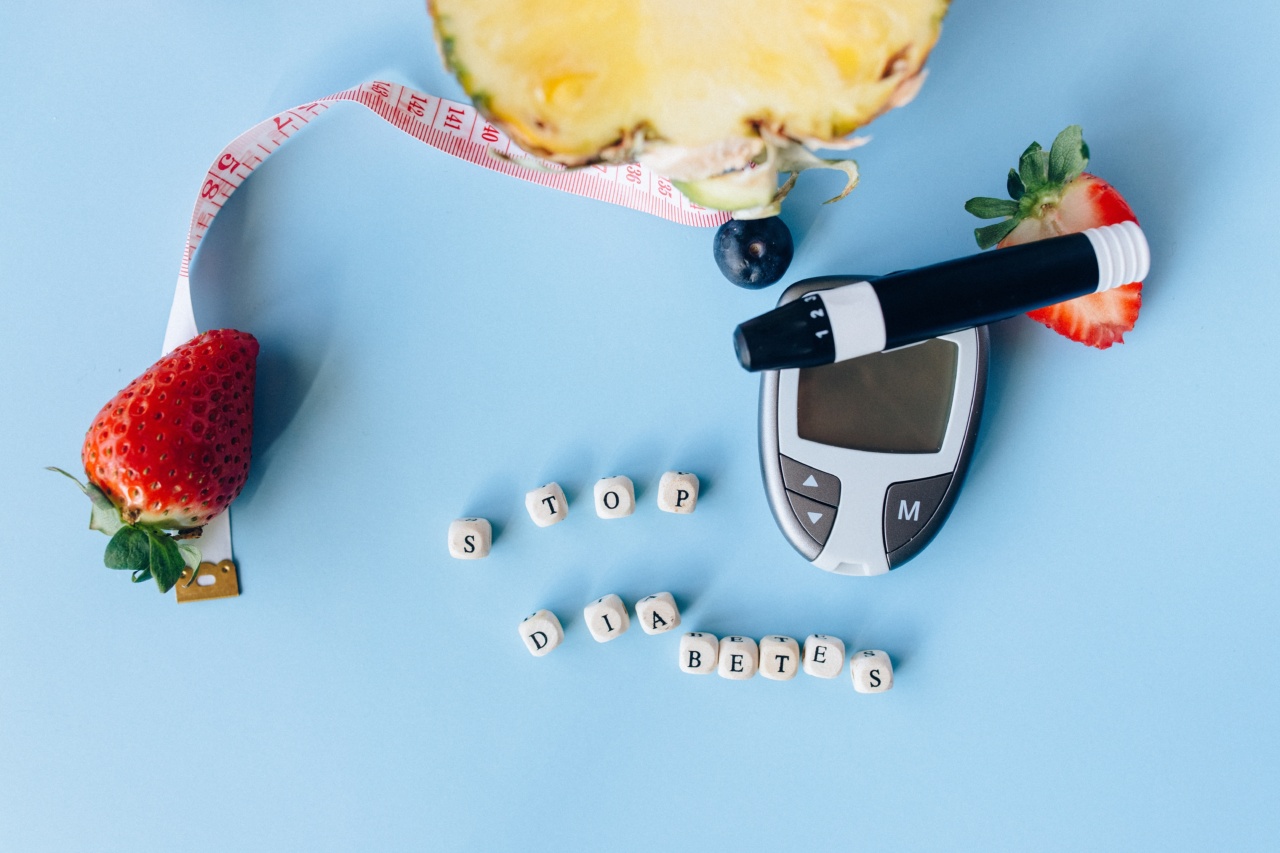Gingivitis is a common gum disease that causes inflammation and irritation of the gums. It is often caused by the buildup of plaque, which can lead to the formation of tartar and bacteria in the mouth.
While regular brushing, flossing, and visits to the dentist are crucial for maintaining good oral health, the foods we consume can also play a significant role in preventing and managing gingivitis. Here, we present a list of top foods that can help prevent and reduce the symptoms of gingivitis.
1. Vitamin C-rich Foods
Vitamin C is essential for maintaining healthy gums as it supports collagen production, which helps to strengthen gum tissue.
Include vitamin C-rich foods like oranges, strawberries, kiwi, bell peppers, and broccoli in your diet to boost your gum health and fight gingivitis.
2. Leafy Greens
Leafy greens such as spinach, kale, and lettuce are not only beneficial for overall health but also for gum health. They are rich in vitamins and minerals, including calcium, which helps to build strong teeth and bones.
They also contain antioxidants that protect gums against cell damage and inflammation.
3. Green Tea
Green tea contains antioxidants called catechins that have anti-inflammatory properties. Regularly drinking green tea can help reduce gum inflammation, fight bacteria in the mouth, and promote healthy gums.
Try swapping your regular cup of tea or coffee with a soothing cup of green tea.
4. Onions
Although onions may cause bad breath, they can be beneficial for your gums. Onions have antimicrobial properties that help fight the bacteria responsible for gum disease.
They also contain sulfur compounds that reduce the formation of plaque on teeth and gums.
5. Cranberries
Cranberries are rich in polyphenols, compounds that can help prevent plaque buildup on teeth. Regular consumption of cranberries or cranberry juice can inhibit the growth of bacteria associated with gum disease and reduce gum inflammation.
6. Yogurt
Yogurt, especially the one containing probiotics or live cultures, is a great food for oral health. Probiotics help to balance the bacteria in the mouth, reducing the risk of gum disease.
It is essential to choose sugar-free yogurts to avoid any adverse effects on oral health.
7. Salmon
Salmon and other fatty fish like mackerel and sardines are rich in omega-3 fatty acids, which have anti-inflammatory properties. Including these fish in your diet can help reduce gum inflammation and support overall gum health.
8. Carrots
Crunchy foods like carrots can help remove plaque and debris from teeth and gums while stimulating the production of saliva, which neutralizes harmful bacteria. Carrots are also high in fiber and vitamin A, promoting healthy gums.
9. Nuts and Seeds
Nuts and seeds, such as almonds, walnuts, and sesame seeds, are packed with nutrients that promote healthy gums.
They contain Vitamin E, which has anti-inflammatory effects, as well as essential minerals, such as calcium, magnesium, and phosphorus, necessary for strong teeth and gums.
10. Water
While not a food, water plays a vital role in gingivitis prevention. Drinking water regularly helps wash away food particles, bacteria, and acids from the mouth, preventing plaque formation and maintaining proper hydration, which supports gum health.


























